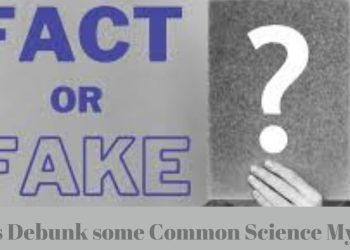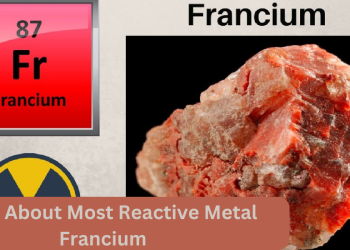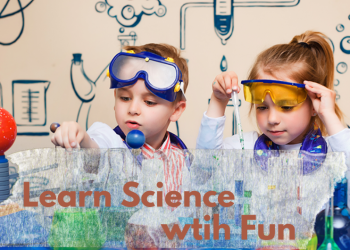Welcome To (ERIN)
Why is it important to know the history of science?
What is science?
A system or method of knowledge gather about the physical, chemical, and biological universe and the things that occur in it is called science.
Why is it important to know;
Knowing the history of science is important for several reasons:
Understanding Scientific Progress:
By studying the history of science, we can trace the development of scientific theories, ideas, and discoveries over time. It provides valuable context for understanding how our current scientific knowledge has evolved and the challenges scientists have overcome
Inspiring future scientists:
Exposing students and the general public to the inspiring stories and personalities of past scientists can spark interest in science and encourage future generations to pursue scientific careers and contribute to the advancement of human knowledge.
Informing Future Scientific Advances:
Understanding the successes and failures of past scientific endeavors can provide valuable lessons and insights that can inform and guide future scientific research and innovation. By learning from history, scientists can avoid repeating the mistakes of the past and build on the foundations laid by their predecessors.
Recognizing scientific biases and limitations:
Examining the history of science can reveal the biases, assumptions, and limitations that have influenced scientific thinking and research at different times.
Appreciating scientific achievements:
The history of science is filled with extraordinary achievements and breakthroughs that have profoundly shaped our understanding of the natural world. Studying this history can provide a deeper appreciation for the work of scientists throughout history and the impact of their contributions.
Interdisciplinary connections:
History of science often intersects with other fields, such as history, philosophy, sociology, and technology. Studying the history of science can facilitate a more holistic understanding of the complex relationship between science and other aspects of human culture and society.
Learning the history of science is necessary to understand how things came to be. Science has profoundly influenced much of our existence that we assume and take for granted. Science is how we know hundreds of things we learned in school, which we would not know if it were not for science. To learn about our lives in the modern age, or to try to teach someone about life in the 21st century, without any guidance on the scientific method, or any reference to how technology is based on theoretical models, leaves one woefully uneducated and unprepared.
The history of science confronts the arrogance of those who think we know it all.
There have been times throughout history when knowledge seemed complete, only to be thrown into uncertainty by new discoveries.
It teaches us to respect time to evolve ideas. The science itself clearly began in Sumerian times with amazingly accurate records of the positions of astronomical objects at specific times. Analyzed records sufficiently to predict timing or eclipses.





















